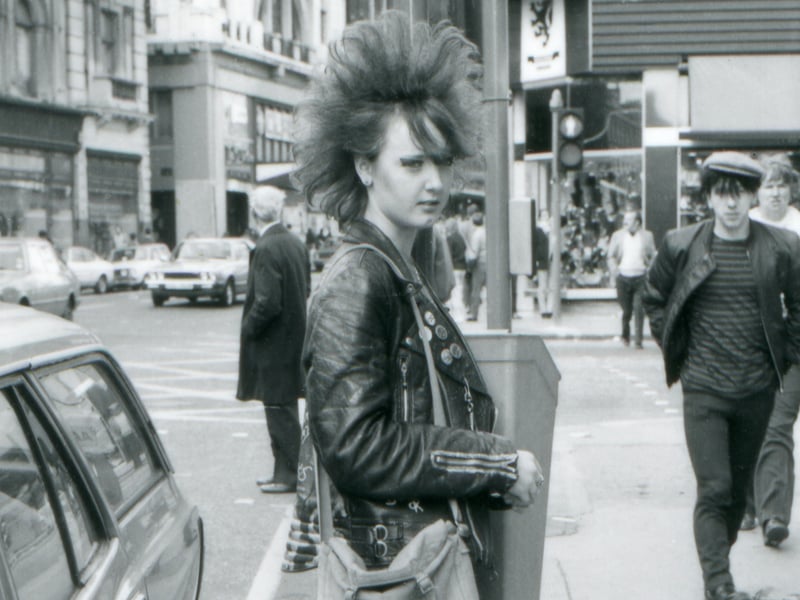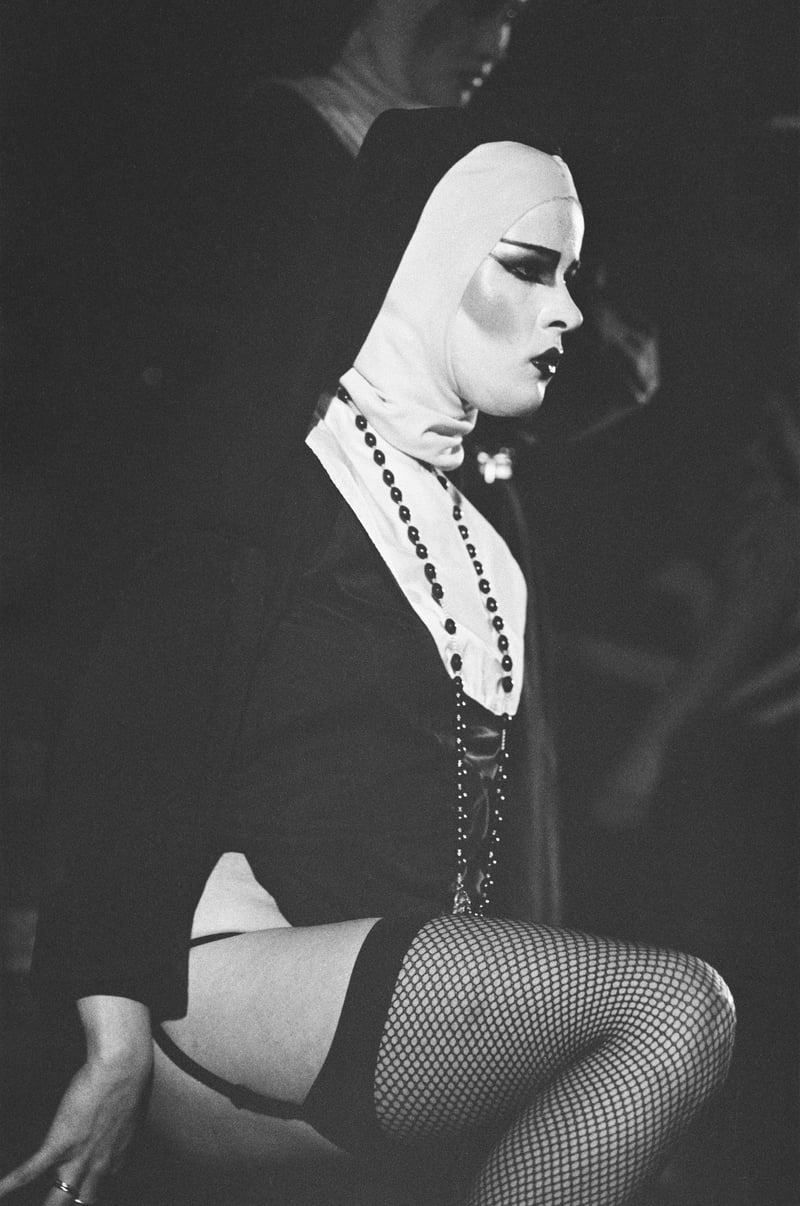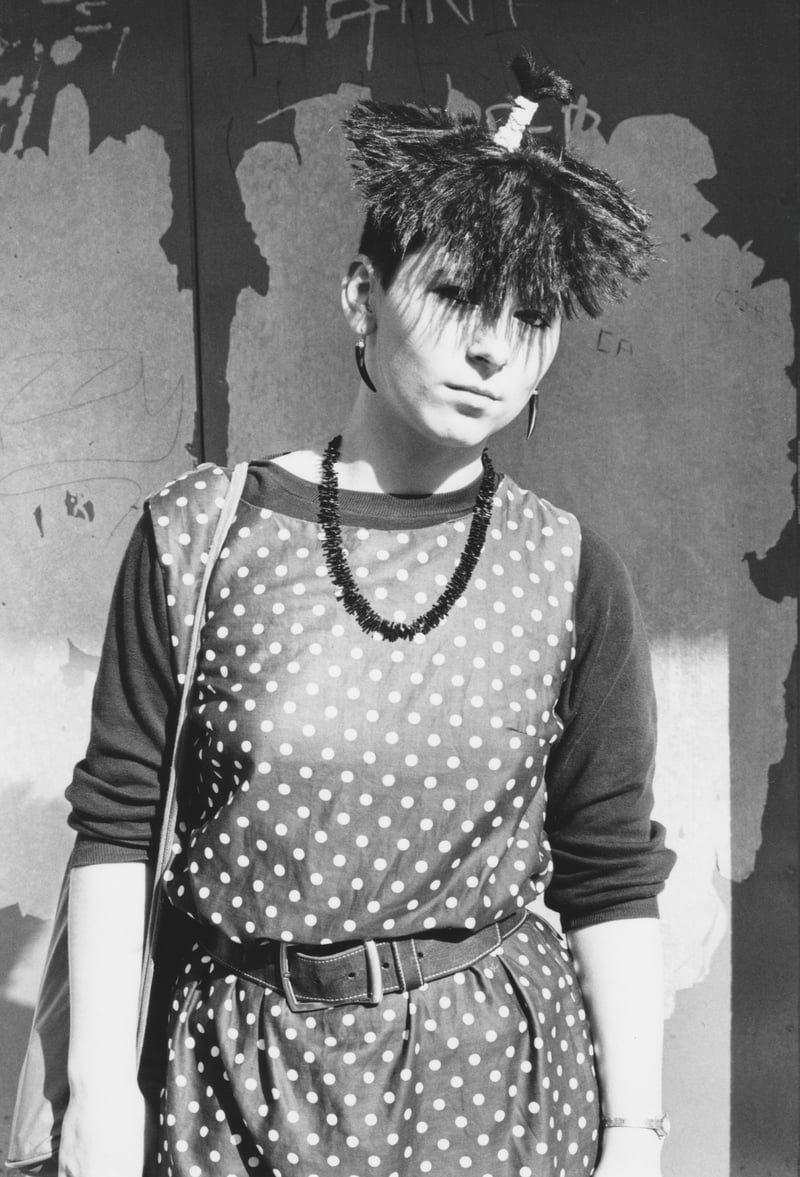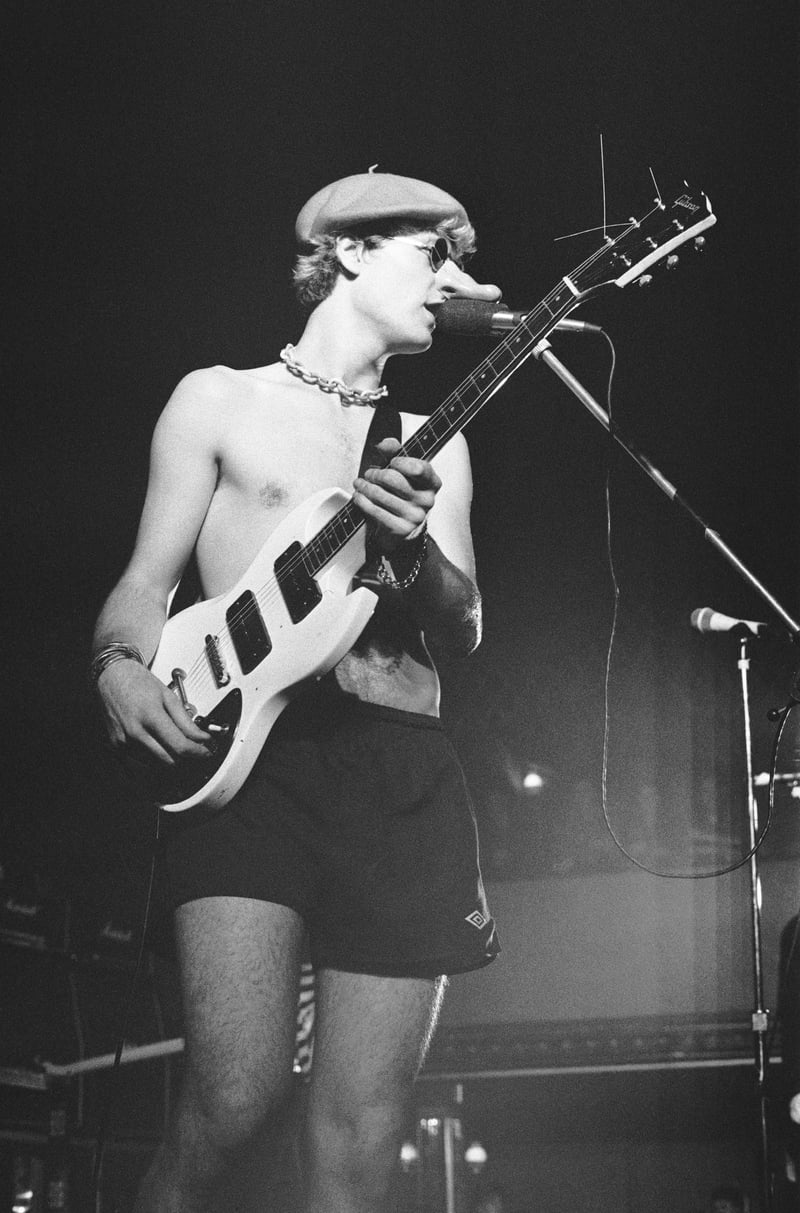Glasgow’s punk scene was all hot flash, it didn’t last long, but anyone that was there will tell you it was some of the most authentic, high-energy, and rebellious years of their lives.
We spoke with Dr. Lynda Robertson who was active in the Glasgow punk scene from 1980-1983. Long before the days of smartphones, she would photograph, catalogue, and record the social history of Glasgow’s punk scene as it happened.
Whether she was mingling with the punks, skinheads, and long-haired hippies around the record shops of Glasgow in the early 80s, or tackling mosh-pits to get photographs of punk bands in their prime - the young Edinburgh woman was dedicated to chronicling the life and times of Glaswegian sub cultures.
Glasgow was one of the biggest punk cities outside of London, a city that had just lost its industry and was railing against Thatcher, many were angry, and young people were expressing it in any way they could.
There were no jobs, no prospects, and little hope - but there was music, there were communities built around a shared love of music and there was something for people to rally around and fight back against.
Lynda, as a textile student at the Glasgow School of Art, had become enamoured with the look and culture of Glasgow’s punk scene and the way they expressed themselves.
With little more than an Olympus OMI Camera using 35mm black and white film, Robertson would snap quick pictures recording the scene as it happened.
Speaking to Lynda, she said: “Most of the photos I took were shot very quickly, long before the days of the smartphone.
“Often I was the only female photographer at these gigs, and sometimes the only person shooting the gig at all, so the images are quite unique.
“I haven’t been back to Glasgow in many years, but I know it’s changed a lot - it’s a very special city. I lived around the Garnethill area and was taken by the cross-cultural community of it all, Glasgow is such a rich cultural city.
As well as photographing the punks of Glasgow, Lynda endeavoured to catalogue punk gigs around the city, some bands she photographed include: The Damned, Hanoi Rocks, Scheme, and more.
As incredible as these photographs are, they’ve only recently been released in the public domain, having sat in the artist's portfolio for 40 years.
Lynda explained: “I’ve had a very busy career since then, but during lockdown I started sorting out a lot of my old work. That’s when I came across my old photographs from the punk scene, I knew then I had to share them with new generations who might identify with them.
“At an exhibition of the photographs in London, I spoke with a young girl who said she found the work inspirational - as well as a professor of fine art from New York who asked me to sign the pictures. It’s rewarding to see the work connect with people after all these years.”
Lynda released the pictures in a postcard format which has proved popular at The Photographers Gallery in London, where they continue to sell out month-on-month.
You can also see Lynda’s photographs in the current exhibition: Rewind: This is Croydon’s Music and in the Croydon Museum Archive. The image titled Dundee Punk is on permanent display in the culture section of The McManus: Dundee’s Art Gallery & Museum.
You can buy the postcards and other stock of the images at Assai Records on Sauchiehall Street and the LoveMusic record store on Dundas Street in Glasgow - or at The McManus: Dundee's Art Gallery & Museum here in Scotland.
If your travels take you down to England, you can also find the postcards in Flashback Records, London, Vinilo Vintage Record Store, Southampton, John Hansard Gallery, Southampton and Timeslip, Brighton.
Dr Lynda Robertson concludes: “I thought the punk scene was incredible, and I’m so glad that those pictures showcasing this social history are back in Glasgow. People are starting to recognise each other and reconnect through these images, which is just amazing.”

1. Punk on Union Street
Back in the 80s Glasgow was awash with subcultures: skinheads, punks, goths, and many many more.

2. Nun at The Damned
Punk gigs were always an event - certainly something to dress up for evidently - at times they got so rowdy few venues would put them on. Famously the Sex Pistoles were banned from playing in Glasgow in 1976.

3. Glasgow street punk
Punk fashion varied wildly in Glasgow - but all driven by the same DIY, anti-establishment message.

4. The Damned @ Tiffany's
The Damned played at old Glasgow venue, Tiffany's on Friday October 15, 1982.
